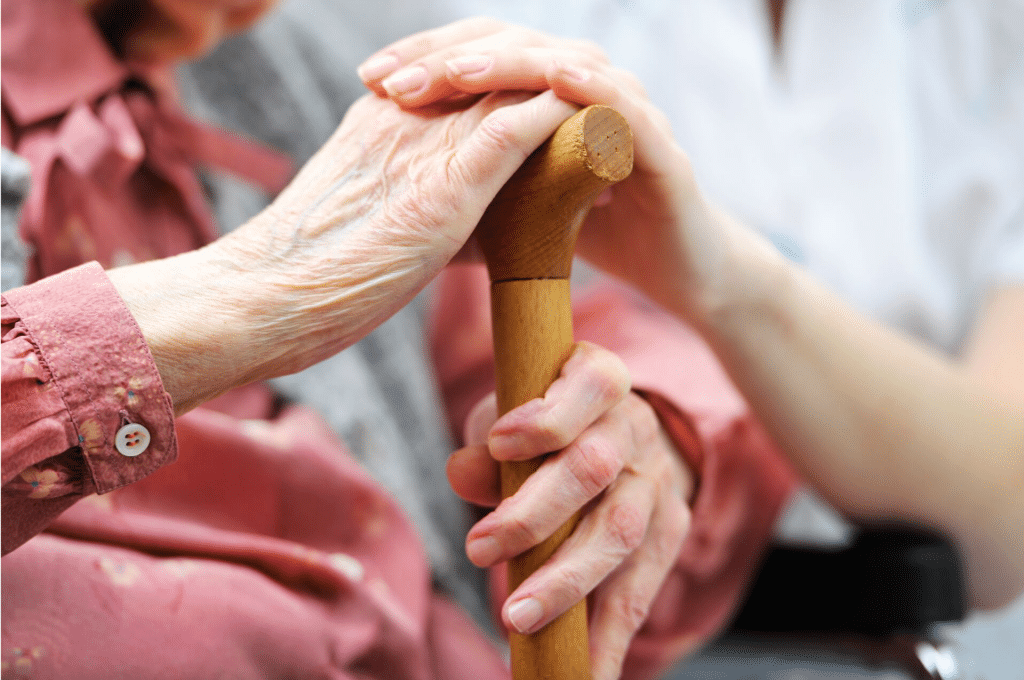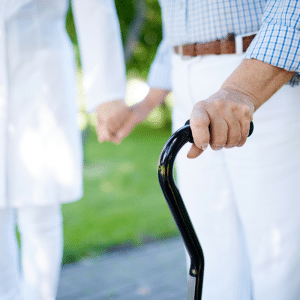Care-giving After Hospital Stay
Many people experience hospital visits in their golden years. Bodies begin wearing out and the struggle against certain ailments or diseases can be grueling. It is common for people in older age to go in because they've broken a bone, or had a stroke, or ended up with pneumonia that needed to be treated in hospital instead of at home. There are also a number of scheduled surgeries and procedures that can cause elderly people to need extra care at home after they've returned, such as bypasses and a host of others. The release from a hospital does not mean that they are clear to go back to normal activity, but simply that they are okay to go home as long as someone is there to care from them. So with great love, many people take it upon themselves to offer care to the person who is being released. They themselves will take care of this person who needs extra care and see to it that nothing else bad befalls them. But often, the level of care-giving and the length of time that it takes for recovery is an unforeseeable part of the equation. They are signing up to have their lives turned upside down for an unknown period of time. That can be exhausting and discouraging. So whether you are a caregiver, or if you know someone who is, here are a few things to do to help avoid burnout and to ensure that the caregiver has the strength and energy they need to do their job well.
- Adequate rest. You'll need plenty of rest, but how can you come by this if you need to be up all night, every night watching someone? Call on backup! Whether it is extended family or friends that you need to call in, or even putting a call out at church, you need sleep. You'll not be able to adequately function if you do not have rest. Ask them to come and sit with the person during the day so that you can go and get a nap. Lack of sleep can have symptoms similar to drunkenness and your cognitive abilities really do decline. Remember that you are responsible for another person's well-being, so if you won't do it for yourself, then do it for the person you're caring for. If you know of someone who is a caregiver, offer a few hours of time that you can sit with their loved one so they can get a nap. If you're a close friend, offer it more than once a week.
- Time away. If you feel you're getting enough rest, then also plan in some time away each day. It's important, especially if the care you are offering is for a very lengthy period of time, that you have some space from the situation and the individual. It doesn't matter how much you care for one another, if you're cooped up in the same house with someone for weeks on end, you can get a little abrasive toward one another. So take some time to go and re-charge, do something that interests you and energizes you and then come back to the situation. If nothing else, you'll have something new to talk about!
- Eat well. It can be tempting in these situations to feed your loved one what they need and forget almost entirely about what your own body needs. Keep up with your nutrition and also with your vitamins. Make sure you're having adequate amounts of vegetables. It is amazing how these simple things can fly out the window in times of stress, when our bodies need them the most. We tend toward comfort food when times are hard and also when we're exhausted. So keep pumping in those veggies and notice an improvement in energy levels and mood. If you're a friend, bring meals high in vegetable content so that you know they are getting some good vitamins and minerals at least occasionally.
- Hydrate! This is one of the top items that people forget in times of long-term stress. Drink plenty of water! Ask someone to pick up lemons or limes from the store so you can have fruit juice in your water for an extra treat. Get some herbal teas if it's cold outside so that you can warm up and hydrate at the same time. You'll not only have more spunk, you'll also sleep better when you are able to sleep because of the hydration.
- Know when to say 'no more'. This care giving is one of the most daunting tasks you'll likely ever have to perform. If it is getting to be way too much for you to handle, admit it. You can't endure it forever. If you need support from other family members, ask for it. If there aren't family or other professionals to call on for back-up, seek help from either an assisted living facility or a nursing home facility. There is no shame in this. Even if your loved one is not happy about it, there comes a time when this may be necessary in order to preserve your own health. Do not allow yourself to get so depleted that you'll be unable to make adequate care decisions for them and for yourself. It's imperative that you keep evaluating throughout your process of care giving to see whether they are genuinely improving to the point that they can be on their own or whether you need help.
Remember, as a care giver, you are arranging a huge portion of your life to accommodate the needs of the one you love. This is admirable. It is also grueling. Do your best to take care of yourself so that you can care adequately for the one you love.




 According to one survey, 16% of Americans have been caregivers to another person in the past year. That may not seem like a lot, but consider that this is only one year, and that most people have become an unpaid caregiver to someone at least for a short while throughout their lifetime.
According to one survey, 16% of Americans have been caregivers to another person in the past year. That may not seem like a lot, but consider that this is only one year, and that most people have become an unpaid caregiver to someone at least for a short while throughout their lifetime. 